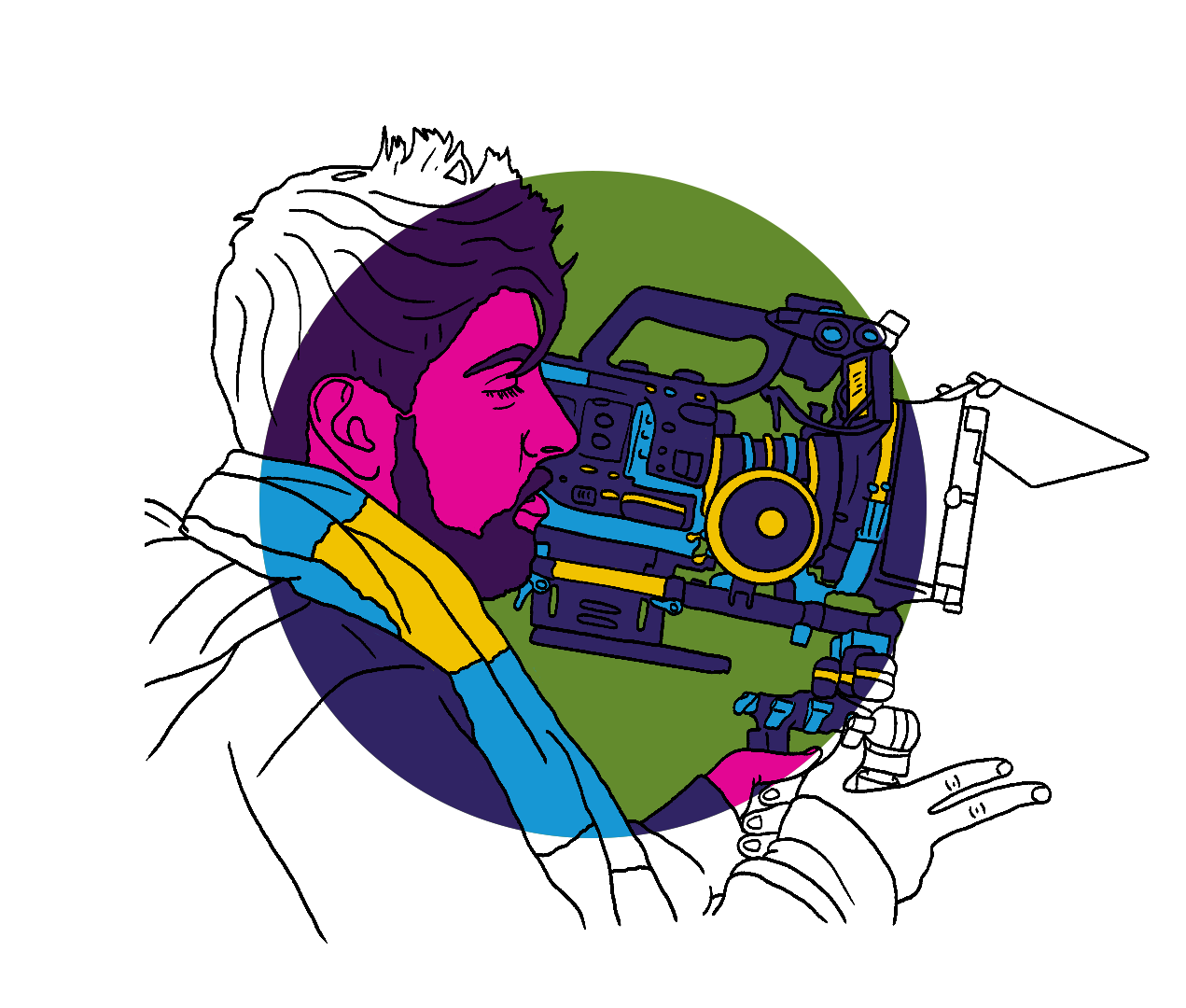An association dedicated to promoting the development of the creative industries in Mendoza seeks to put local audiovisual talent on the global stage.
FILMANDES is a civil association dedicated to promoting the development of the creative industries in Mendoza. Since 2015, the organisation has worked towards the aim of establishing an audiovisual hub in the province of Mendoza. It contains production companies, video games entrepreneurs, electronic sports and augmented reality producers, and is integrated with Mendoza’s universities and public bodies.
Those of us who have worked in the creative industries for some time have set ourselves some significant challenges: how to succeed in making cultural activity productive and visible and transform it into an industry rather than merely a sector; how to position a region as a competitive content production hub and put it on international radars; how to attract investment and financing in this knowledge economy.
Creativity, understood as the improbable connection between elements of value in contexts of uncertainty, is the identity that mobilises us and is the key to innovation. It is a central element of a system capable of creating jobs, development and wealth that simultaneously promotes landscapes, history and territories and, in doing so, highlights cultural spaces of great value.
From the beginning, we have had the support of the Inter-American Development Bank (IDB) in the form of both economic resources and practical advice to set us on a clear course. To manage change and navigate the complexities, we have tried to think broadly and create a model of affectio societatis that would prioritise unity in a context of diversity.
One of the central tenets of this new space was the need to build a relationship with the public sector, reflecting our recognition from the outset that making it without official support would be impossible and that official support alone would not be enough.
Government assistance is crucial in the audiovisual universe to balance asymmetries and support a sector
made up mainly of micro and small businesses. We prioritise the relationship with the ‘official’ sectors – the economy, production and export – to establish channels for dialogue on investment, financing and international relations. We always work on the premise that the creative industry is based on talent, ideas and culture, but we also factor in the need to encourage governments to invest, promote the support of the business sector and see the vast development potential of this industry.
In our own West Coast, we have the necessary conditions to offer infrastructure, qualified human resources, technology, installed capacity, public-private interaction and, more fundamentally, culture
In 2019, we achieved approval for a law that establishes an audiovisual promotion system, recognises the sector as an industry, allocates specific funds for the development of audiovisual projects, and creates the Mendoza Film Commission (made up of an association of public bodies that include the Ministry of Finance, the Ministry of Culture and Tourism and Pro Mendoza; along with non-governmental organisations that group several businesses and audiovisual production companies). With this legal framework and a pluralist working group in place, a first guarantee fund was formed to offer lending at a subsidised rate and serve as a competitive fund for audiovisual projects. This year we have managed to triple that initial investment. Our draft bill on the attraction of investment to the audiovisual industry in Mendoza now has the government’s approval to be put to the provincial legislature and become law this year.
Together with the Municipality of the City of Mendoza, we have set up a 1,300m2 film studio in the 33rd District. Although it is still being fitted out and equipped to international standards, we have already shot some commercials and films. This property adjoins an urban area of scarce resources; with the Municipality of Mendoza, we have coordinated a social integration programme through which we have included workers and technicians from this adjacent neighbourhood in each of the projects filmed so far.
As part of the consolidation of the creative ecosystem, we established partnerships with the education sector ranging from the initial stage, in which audiences begin to be created, to university and postgraduate training. We also built an audiovisual observatory, identifying over 200 job types that are in demand in the industry and for which there is not currently sufficient training. This observatory is coordinated with the National University of Cuyo and disseminates trend data and strategic information for decision-making. As a result of this activity, we have launched FilmAndes Academy, a space for job creation in line with industry needs. So far, more than 300 people have passed through the different training phases of this programme.
At the national level, the Argentine Audiovisual Corridor (CAAR) was established, bringing together chambers of commerce and creative clusters from Córdoba, Rosario, Tucumán, Bariloche, Corrientes, Misiones and Buenos Aires around the goal of positioning the sector and balancing investment and production models throughout the country. An exciting event was the creation of the Creative Route 40, which unites the cities of Mendoza and Bariloche in an audiovisual project competition that aims to show the identity, diversity and talent of this Argentine West Coast.
Throughout 2021, we boosted the visibility of the sector with outreach programmes through the media and networks. We created the first creative economy forum, including specialists and experts at the national and international levels, and we also aired QR, Nueva Economía, a TV show that features dynamic interviews with guests who are able to present concrete examples of how culture and creativity generate development and wealth.
We are convinced that FilmAndes, as a space for collaborative development in the audiovisual sector, is an exemplar of the new economy in action: a growing trend that is disruptive and makes knowledge and innovation core components of the production process. It generates new elements of the value chain, includes people who act as agents of change, and develops new audiences – which, in short, become new markets and global opportunities for expansion.
All over the world, understanding of the concept of the creative industries – the orange economy, as defined by the IDB – is growing. In our own West Coast, we have the necessary conditions to offer infrastructure, qualified human resources, technology, installed capacity, public- private interaction and, more fundamentally, culture.
A creative industry whose mission is to get people excited, have fun and think is an industry that has its success assured. That’s our purpose. That’s what keeps us going.








